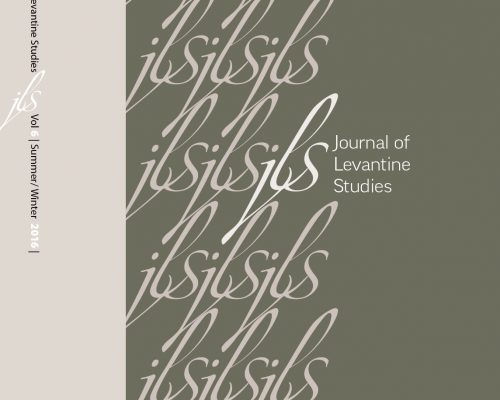Nitai Shinan
The article analyzes two attempts to emancipate the Chuetas in Spain: the enlightened (1773–1789) and the liberal (1810–1840). The Chuetas, a pious Christian group reputed to be descendants of Jews, lived secluded and discriminated against in the city of Palma, Majorca, because of their Jewish origin. In February 1773 the Chuetas decided to appeal directly to the king for the rights enjoyed by the other inhabitants of Palma’s third estate. The appeal triggered a dispute between supporters and opponents that exposed the rift existing in Spanish society between enlightened reformers and conservatives interested in maintaining the status quo at all cost.
The result was unsatisfactory for the Chuetas, whose emancipation was only partial and conditioned by the economic interests of the absolutist state. Only the resurgence of Spanish liberalism would bring some hope to the Chuetas. The liberals, who aspired to completely demolish the hierarchal structure of the old regime, building on its ruins a classless society composed of Spanish citizens, were not in favor of any status, privileged or unprivileged, that would divide the citizens of the new liberal Spanish state. Only thus would all the Chuetas receive complete legal emancipation.
These two attempts, however, failed to achieve their goal because of the tenacious refusal of the Old Christian population of Palma to consider the Chuetas as their equals. The solution to the problem was to be reached only in the twentieth century.


